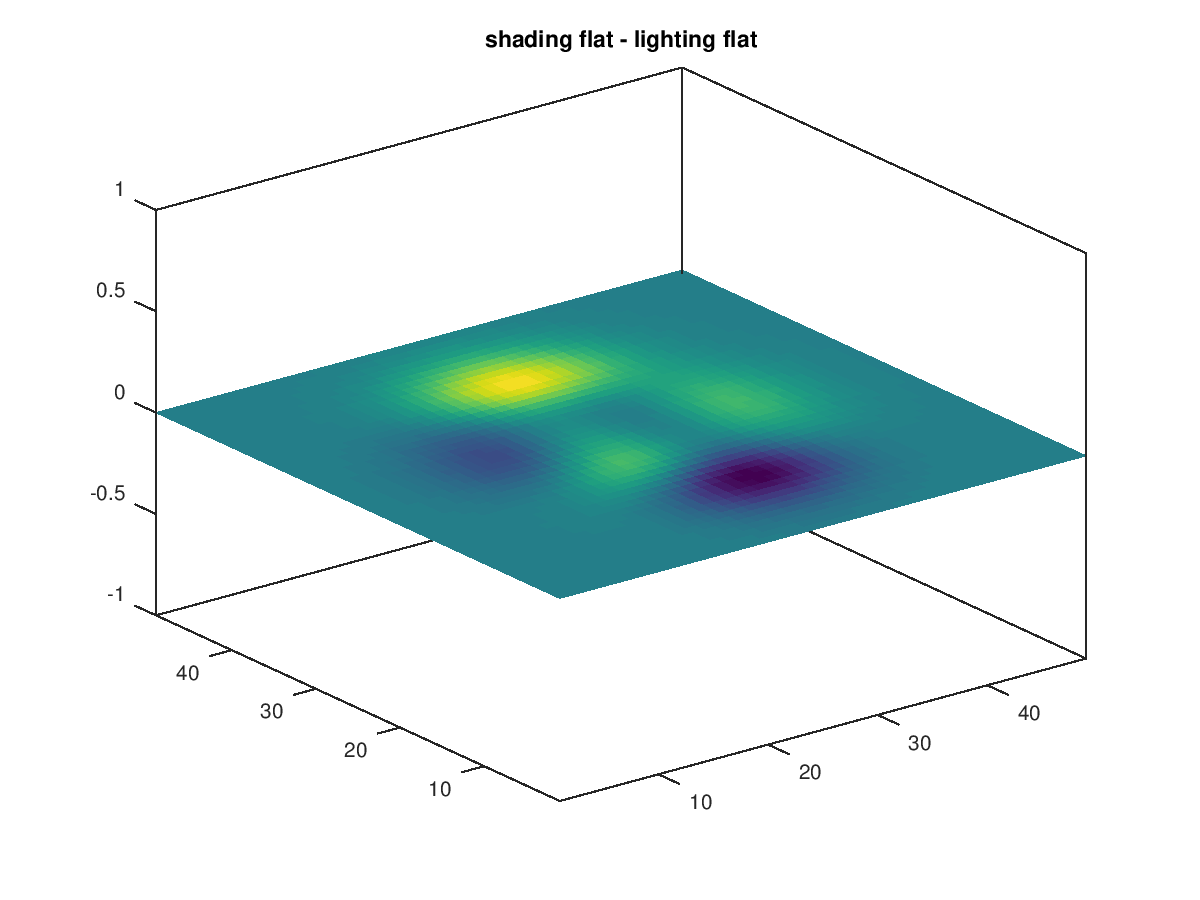

The same goes for odsopen-ods2oct-oct2ods-odsclose sequences. Mixing read and write operations in any order is permitted (the only exception: not with the JXL -JExcelAPI- interface).

Gnu octave lfat full#
R : only read + : full read/write ~ : dependent on Excel versionīe aware that writing to worksheets using the OCT interface wipes all formatting. But the io package can read/write Open/Libre Office, Gnumeric and some less important files too.įile extension COM POI POI/OOXML JXL OXS UNO OTK JOD OCT Most people need this package to read and write Excel files.

( cl/disconnect my-ml) Should leave the lab running after Java exitsĬljlab can pass the output generated by evaluating functions through ( cl/eval my-lab "fprintf(some_str) " Won't see anything as stdin/out are not connected up ( cl/set-basic my-lab :some_str "Testing 1 2 3 \n ") puts a flat string into some_str in the lab ( cl/set-basic my-lab :y ( range 0 100 0.5)) => nil puts a list of doubles into the lab ( cl/get my-lab :x) => ] ] ]] "Basic" set ( cl/type my-lab) returns :matlab or :octave

( def my-lab ( cl/open)) will use either MATLAB or Octave, depending on availability Long-term, the "higher-level" API is expected to grow to include getĪnd set operations on all the core datastructures, as well as a "higher level" functions is being developed. Over top of this layer, a set of more sophisticated Set-basic, which operate on flat numeric and string data structures,Īnd eval). Supports only a limited set of operations ( get-basic and The "basic" level is more or lessĪ straight passthrough to the underlying Java libraries, and as such You can interface with whichever *lab is available.Ī lot of work still needs to be done on ferrying more complexĭatatypes to/from Clojure. Is to smooth over the differences between these two libraries so that This is done by leveraging two existing Java libraries, This library an interface to MATLAB and GNU Octave from withinĬlojure.


 0 kommentar(er)
0 kommentar(er)
